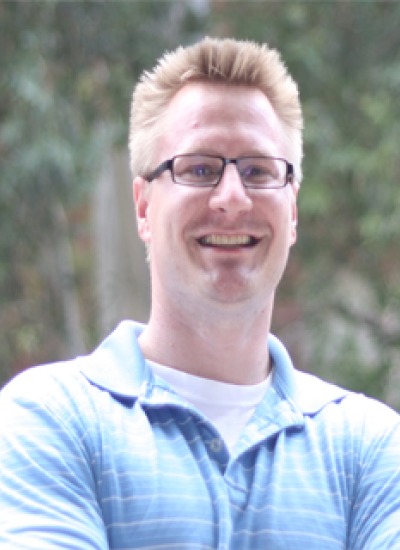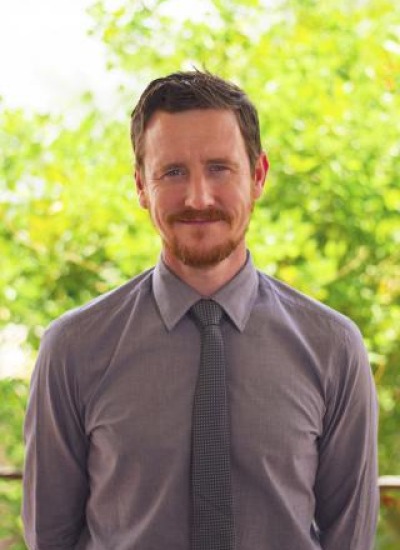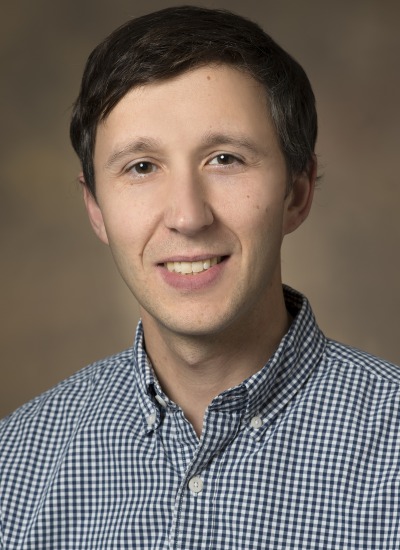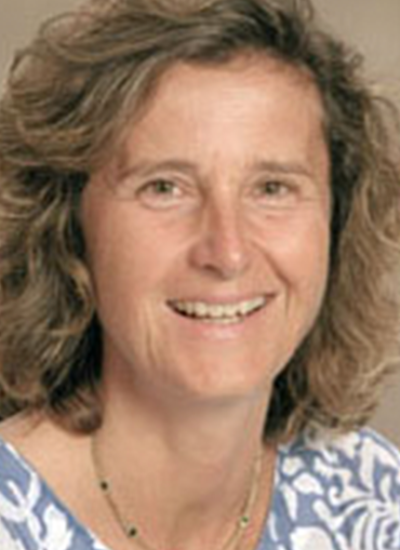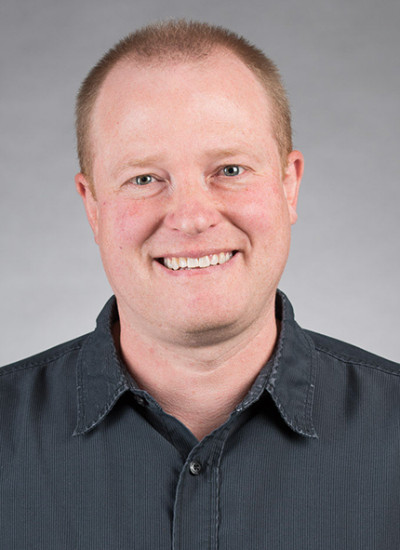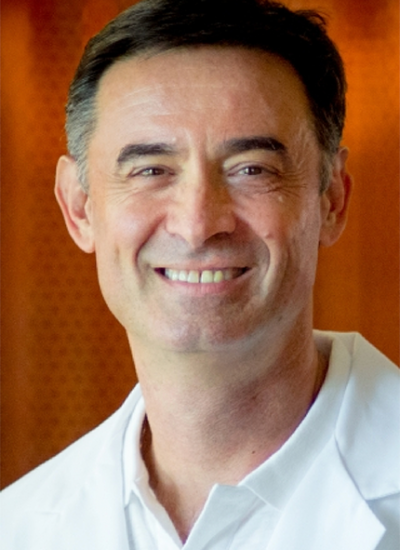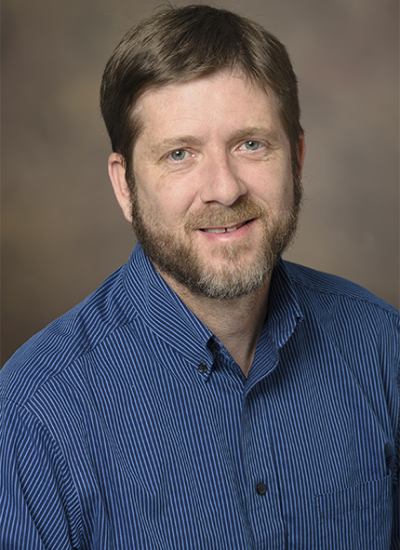Katrina Miranda, PhD, claims nitric oxide (NO), which is synthesized in the body via enzymatic oxidation of L-arginine, is critical to numerous physiological functions, but also can contribute to the severity of diseases such as cancer or pathophysiological conditions such as stroke. This diversity in the responses to NO biosynthesis is a reflection of the diverse chemistry of NO. For instance, NO can alter the function of enzymes by binding to metal centers. This type of interaction could result in outcomes as disparate as control of blood pressure or death of an invading bacterium. NO can also be readily converted to higher nitrogen oxides such as N2O3 or ONOOH, which have very different chemical and biological properties. The ultimate result will depend upon numerous factors, particularly the location and concentration of NO produced. Therefore, site-specific modulation of NO concentration offers intriguing therapeutic possibilities for an ever expanding list of diseases, including cancer, heart failure and stroke. As a whole, Dr. Miranda is interested in elucidating the fundamental molecular redox chemistry of NO and in developing compounds to deliver or scavenge NO and other nitrogen oxides. These projects are designed to answer questions of potential medical importance through a multi-disciplinary approach, including analytical, synthetic, inorganic and biochemical techniques.The project categories include five major disciplines. First, she will work on the development and utilization of analytical techniques for detection and measurement of NO and other nitrogen oxides as well as the resultant chemistry of these species. Second, she will synthesize potential donors or scavengers of NO and other nitrogen oxides. Third, it’s necessary to describe chemical characterization of these compounds (spectroscopic features, kinetics, mechanisms and profiles of nitrogen oxide release, etc.). Fourth, Dr. Miranda will try to describe the biological characterization of these compounds (assay of effects on biological compounds, mechanisms and pathways, in vitro determination of potential for therapeutic utility, etc.). Fifth, she will identify of potential targets, such as enzymes, for treatment of disease through exposure to nitrogen oxide donors. Keywords: cancer treatment, pain treatment


